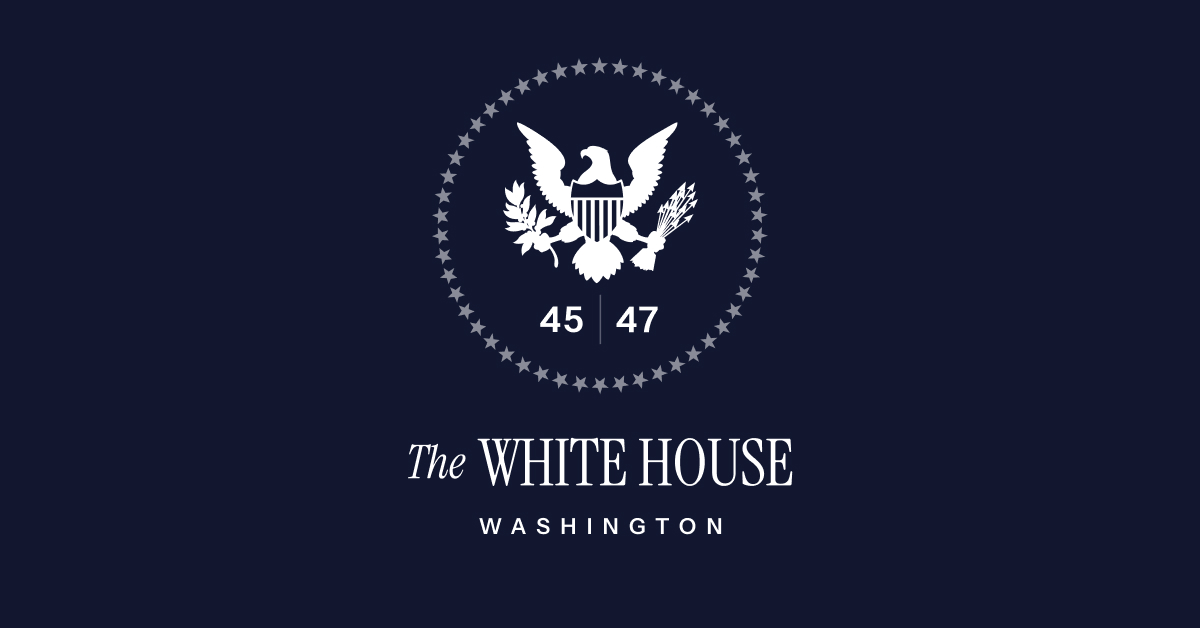Yeah, the Native Americans might want to say something about who discovered America. Even if you don't want to count indigenous people there's this Leif Erikson fellow who beat Colombus by nearly 500 years.
While both the ancient hunter-gatherers who crossed the land bridge across the modern-day Bering Strait, and the Vikings who made some temporary settlements in Vinland can be credited as discovering America as well, all three are legitimate discoveries as Erikson and Columbus did not know of the discoveries before them. I also think the Columbian discovery is very different than the other two, as I will explain below.
The ancient Siberian hunter-gatherers (the very fact that they discovered and settled the Americas belies the claims of them being "indigenous" in any ontological sense) were isolated from other groups of humans, and thus their discovery remained unknown.
Not that they knew that they discovered a brand new continent, as they did not have a concept of continents. They just walked in search of living space and food sources.
The Vikings probably did not realize they discovered a new continent either, and they neither stuck around nor publicized their discovery.
But when Columbus made landfall, it quickly became known throughout Afro-Eurasia, and precipitated settlement and trade - also known as Columbian Exchange - that fundamentally changed both parts of the world, for both good and ill.
Can you imagine Italian cooking without tomatoes?
Or Thai cuisine without hot chili peppers? And on the other side, Americas gained domestic animals like chickens, pigs and cows as well as plants like wheat, rice, onion, garlic and coriander - the last three going great with peppers, tomatoes and avocadoes in salsas and guac.
Leif Erikson did not accomplish that, and ancient hunter-gatherers came well before domestic plants and animals were bred on either side of the World. That is reason enough to recognize his discovery, even if it also led to negative consequences like the spread of diseases like smallpox and syphilis as well as things like the transatlantic slave (although Arab slave trade flourished both before and after the transatlantic version).

 www.whitehouse.gov
www.whitehouse.gov



